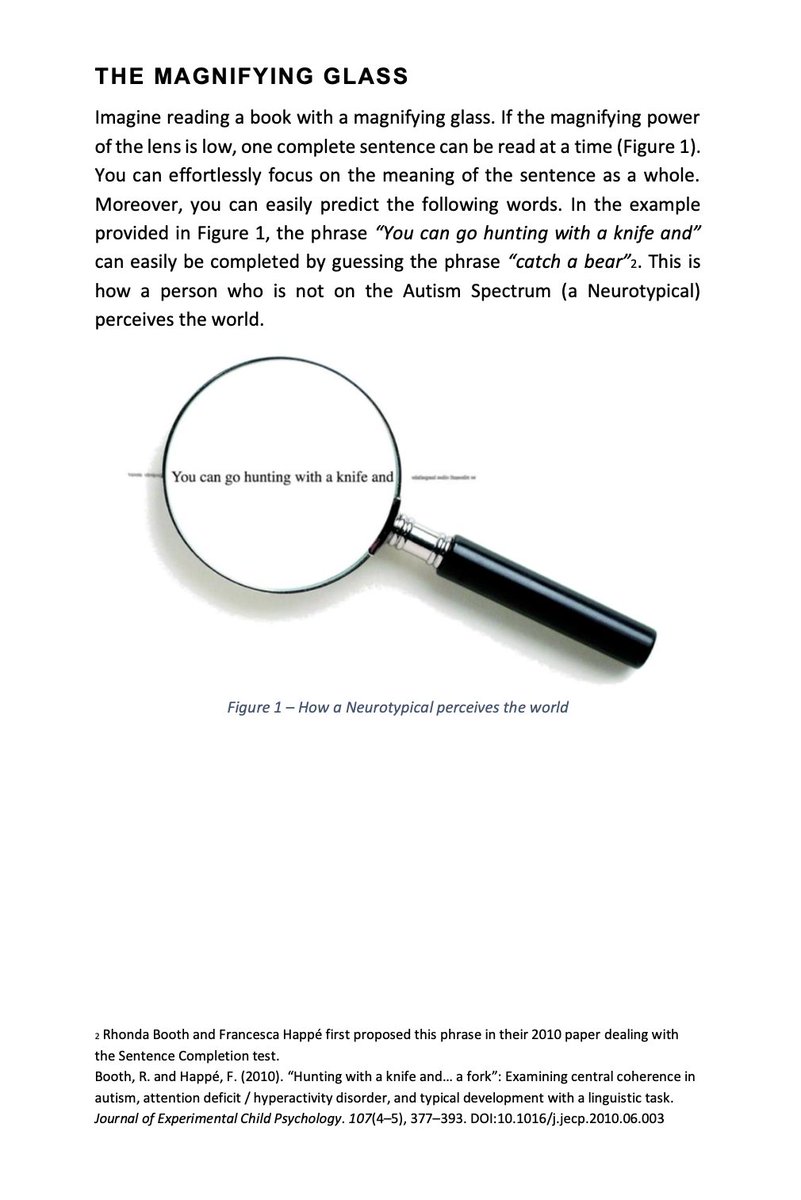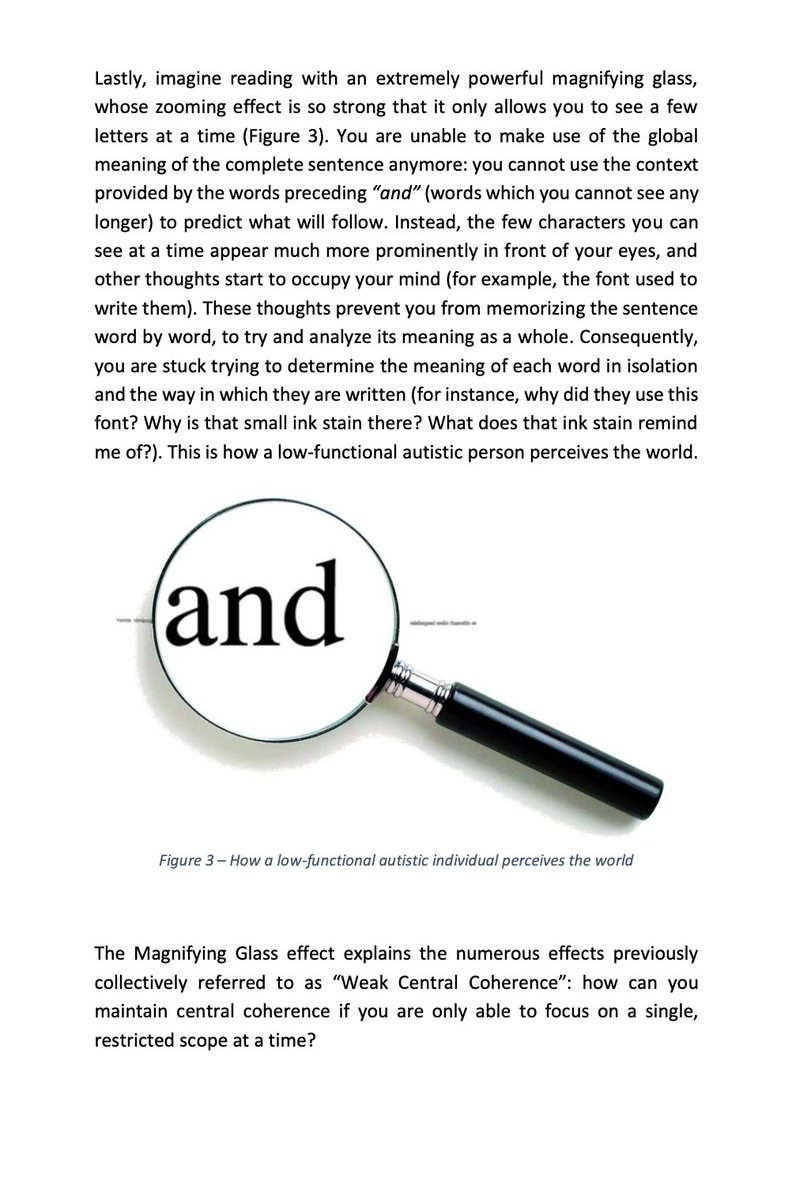
THE DISTRIBUTED BRAIN
Why do we fall prey of illusions such as the one below?
The answer lies in how our brain is wired
(thread, 1/N)
Why do we fall prey of illusions such as the one below?
The answer lies in how our brain is wired
(thread, 1/N)

4/ The thing is, our brain does not examine the image as a whole (even though we have the impression it does so).
If it did, it would notice the logical impossibility.
If it did, it would notice the logical impossibility.

5/ Instead, our brain considers the image as a patchwork.
Coherence is evaluated at this level, one piece of the patchwork at a time. If each looks coherent, our brain will *intuitively* think that the image is okay.
Hence the illusion.
Coherence is evaluated at this level, one piece of the patchwork at a time. If each looks coherent, our brain will *intuitively* think that the image is okay.
Hence the illusion.

6/ Of course, we have powerful analytical capabilities. If we focus, we can examine the image as a whole and notice the logical incoherences.
Analytically, it seems wrong.
Intuitively, it seems right.
Hence the awkward feeling from the illusion.
Analytically, it seems wrong.
Intuitively, it seems right.
Hence the awkward feeling from the illusion.

7/ Our brain does not evaluate large pieces of information as a whole. At least intuitively, it breaks them down in pieces and evaluates each separately, leading to some of the quirks in our functioning.
I call this the Distributed Brain Framework.
I call this the Distributed Brain Framework.
8/ It's an important topic, for it explain why we sometimes decide something but do something else. Or why we hallucinate. Or why we confabulate explanations for our behavior.
However, it's too complex to explain in a Twitter thread, so I decided to organize a free talk about it
However, it's too complex to explain in a Twitter thread, so I decided to organize a free talk about it
• • •
Missing some Tweet in this thread? You can try to
force a refresh
















